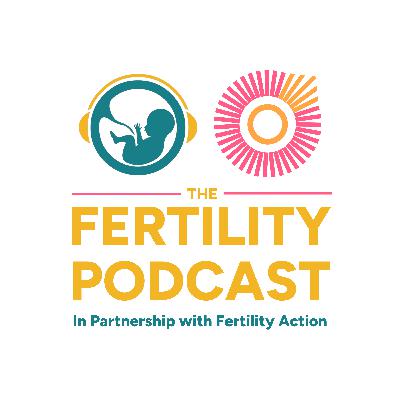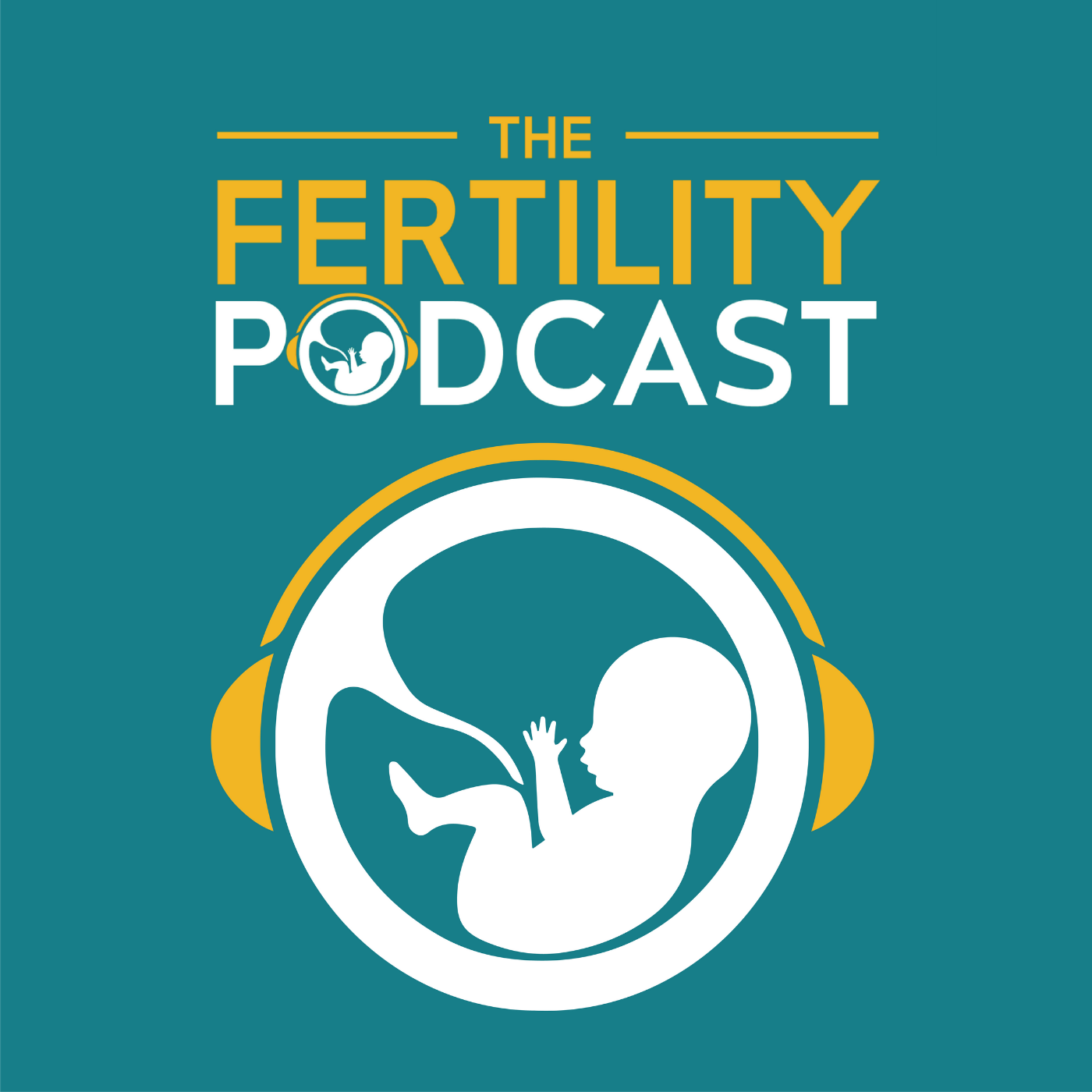The Frozen Embryo Transfer
Description
Kate and Natalie discuss the Frozen Embryo Transfer, explaining what it means when it happens and how it feels when cycles don’t work.
The pair discuss how there is research to show that the success of the frozen cycle is as high as a fresh, so do not worry if you do have to freeze your embryos. With a frozen transfer, your body isn’t full of all the medication, so you’re embarking on a more natural cycle so there is also the thinking that you’re putting those previous embryos back in a more natural environment.
Amber Woodward is a brilliant blogger and former book reviewer on The Fertility Podcast.
How to prepare?
Amber talks about how she learnt about nutrition to help her get pregnant as it wasn’t happening and she had read a lot about the impact of your nutrition. Her medical records state unexplained infertility, underpinned by PCOS, Amber has had issues with her insulin and she discusses how it can make a real difference to your nutrition.
After 12 months of changing her diet, she got regular cycles and talks about how much of a difference it can make for conceiving naturally and preparing IVF. Try to improve egg quality, keep your hormones balanced which she found very difficult and food has a big impact on her emotions.
What about Eastern medicine - Chinese herbs?
Amber talked about trying eastern medicine. Chinese medicine in particular despite her partner Joe’s concerns and the disgusting taste. She said it also made her cycles go crazy. She didn’t leave herself enough space between starting it and then doing IVF as it’s not recommended when you start treatment.
Amber talked about how the pair of them had forgotten how all-consuming ‘trying again’ was and also how the treatment felt, as well as other people announcing 2nd siblings.
Working and going through FET
She was at work when she had another FET, her nutrition wasn’t great and she wasn’t really exercising, so she didn’t feel very prepared. She went into it feeling like she should have put more effort in and they had 2 embryos left and the pair had decided they weren’t doing any more fresh cycles.
What about when it doesn’t work?
When it didn’t work - the clinic said ‘it's just one of those things about 70% don’t take. You can do everything and it doesn't work and you can do the opposite and not prepare.
On the final FET, she wanted to give it her best shot and have no regrets. They didn’t need to wait very long after the failed cycle as you don’t need to treat it like an IVF cycle as you aren't’ stimulated. They were due to have the treatment in April as Covid took hold of the world. She describes how it was the best thing for them to have some time to adjust. Her clinic reopened the day before her birthday.
How long does it take?
Covid changed how the clinic did the down-regulation. In January when she cycled failed, they had 1 month of downregulation and then the oestrogen for 3-4 weeks. Then you’d have a couple of scans and then the progesterone.
During Covid, the clinics wanted to limit the number of times you went there. Instead, she was posted the oestrogen (which increased womb lining) Amber was on this for approx 3 weeks and then 4 days later she had the transfer and two weeks later she had the pregnancy result. So a 5-week process.
What if it doesn’t work and how having that conversation about ‘what if’ helped
Amber had shared on her socials about how the pair of them had talked about alternative life plans if it didn’t work. They had prepared themselves for the FET to be their last treatment. They talked about just being able to put it all...
See acast.com/privacy for privacy and opt-out information.







